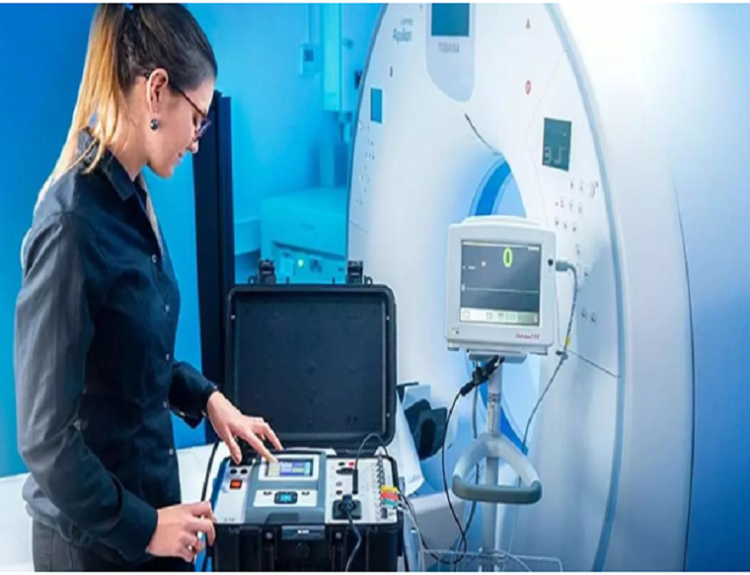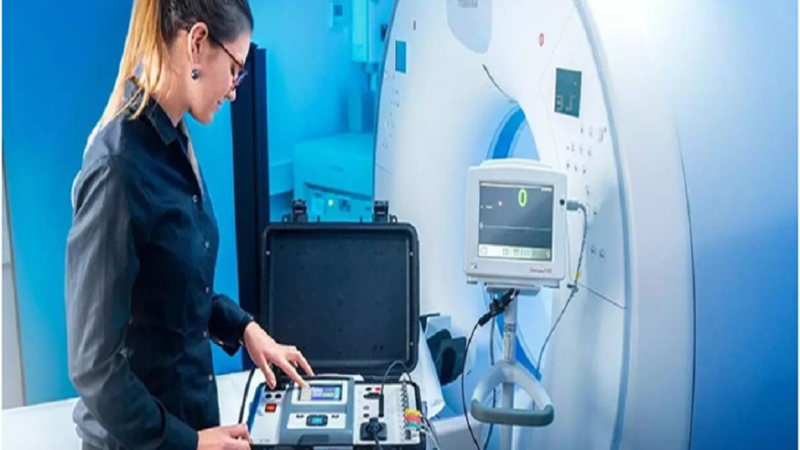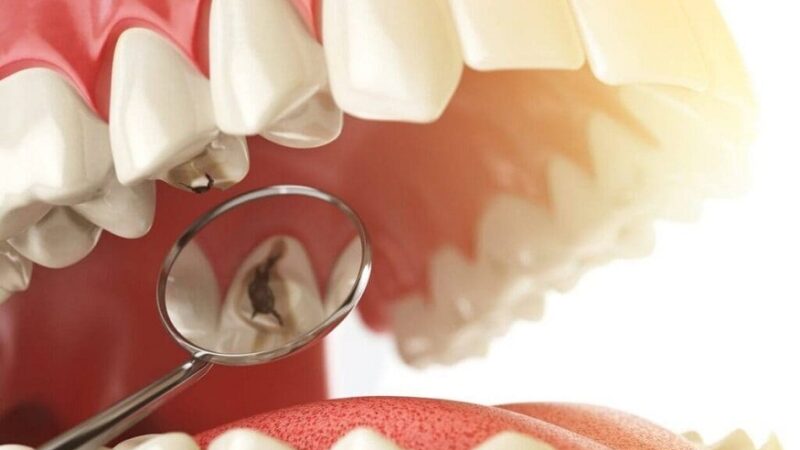Before undergoing surgery, an oral check-up may be required by the surgeon. Indeed, depending on the operation you have to undergo, in order to avoid any intra-operative complications, it is important to have healthy teeth free of infectious sites.
During the pre-operative assessment, you will probably be asked to visit the dentist, even if this is not systematic, in order to assess your oral health and offer appropriate dental care if necessary. Indeed, there is a close link between your dental health and the rest of your body.
What does the oral check-up consist of?
During the oral check-up, the dentist will carefully carry out a visual examination to assess the health of your teeth and the soft tissues of your mouth which are the inner side of the cheeks, gums, tongue, lips and oropharynx. .
A radiological examination prescribed according to indications and needs (retro alveolar, dental panoramic, 3D imaging, scanner) can complete this visual examination.
Please note that depending on the condition of your mouth, care may be required before surgical intervention. You must therefore consult your dentist quickly.
Operations requiring an oral and dental check-up
Before certain medical or surgical procedures described below, a pre-therapeutic oral and dental assessment followed, if necessary, by treatment of possible infectious sites is strongly recommended.
Dental examination before installation of joint prosthesis
Before installing a joint prosthesis (hip, knee, etc.), an oral and dental check-up is strongly recommended. The existence of infectious sites in the oral area would increase the risk of infection after placement of the prosthesis.
Dental assessment before head and neck radiotherapy
To limit the risk of developing osteoradionecrosis, bone necrosis, it is recommended to monitor your teeth and treat any infections before and after radiotherapy.
Indeed, following this examination, there may be impacts at the oral level, particularly on the maxillary bone and the mandible which will be weakened. Regular follow-up with your dentist is necessary.
Dental examination before an organ transplant
Before a transplant, an oral and dental assessment is necessary. The patient will be under immunosuppressive treatment throughout his life, which requires regular dental follow-up.
As the patient’s defenses are weakened by immunosuppressive treatment, any infectious source must be diagnosed as early as possible and treated quickly.
The consequences of chemotherapy or radiotherapy on the mouth
According to Doctor Eric Sebban , surgical oncologist at the American Hospital of Paris and the Hartmann Clinic, immunosuppressive treatment can cause a feeling of dryness and burning as well as the appearance of chemotherapypainful spots in and around the mouth.
Chemotherapy can cause mucositis, which is inflammation of the lining of the mouth and throat and can be painful. It can also be the cause of malnutrition linked to pain when swallowing.
Good oral hygiene is essential during treatment to limit risks.
Radiotherapy can cause osteoradionecrosis as a side effect. Saliva secretion may also be reduced with a feeling of dryness. It is therefore necessary to carry out a thorough oral check-up before radiotherapy and then have regular follow-ups with your dentist.
However, these painful lesions and risks of infections can be anticipated thanks to good oral hygiene and regular oral follow-up by a dentist.
Responsible for serious consequences such as postoperative infections, possible oral and dental infectious foci must be detected and treated before undergoing certain medical procedures (chemotherapy, radiotherapy) and surgical procedures (hip prosthesis installation). For this reason, an oral and dental check-up is often requested in order to eliminate any risk of infection.
Dental examination before heart surgery
A dental examination before a heart valve replacement operation for example is necessary to check and eliminate any present or potential sources of infection that could enter the bloodstream and travel to the site of the operation, causing complications. such as infective endocarditis, which can be life-threatening.
The dental exam has another purpose. After a heart valve replacement, patients are usually prescribed blood thinning medications to prevent blood clots. However, this treatment also increases the risk of excessive bleeding during dental treatment. By resolving any dental problems in advance, we avoid having to interrupt anticoagulant treatment, which often requires hospitalization.
The dental and oral examination must be supplemented by a panoramic dental X-ray in order to look for infectious sites.
Some radiation oncologists require a certificate of good dental health before providing radiotherapy for head and neck cancer or an ENT scan.
“Saliva serves to lubricate the mouth and protect the teeth. Radiotherapy for head and neck or ENT cancer can also affect the salivary glands, reducing saliva production and thus promoting tooth decay,” explains Dr. Hauptschein.
Besides tooth decay, radiation treatment for head and neck cancer has other potential oral side effects such as:
Dental authorization before chemotherapy
Some forms of chemotherapy for cancer can affect the body’s immune system and make it more susceptible to infections. Eliminating sources of oral infection before chemotherapy reduces the risk of these dental problems developing during or after chemotherapy.
Dental authorization before general anesthesia
A dental medical certificate may also be required before other types of treatments and medical procedures. These include general anesthesia.
If you have loose teeth, loose crowns or bridges, you will need to see your dentist to address these issues before undergoing general anesthesia. This will reduce the risk of tooth loss when a breathing tube is inserted during general anesthesia.
You can download a dental check-up certificate provided by the National Order of Dental Surgeons










